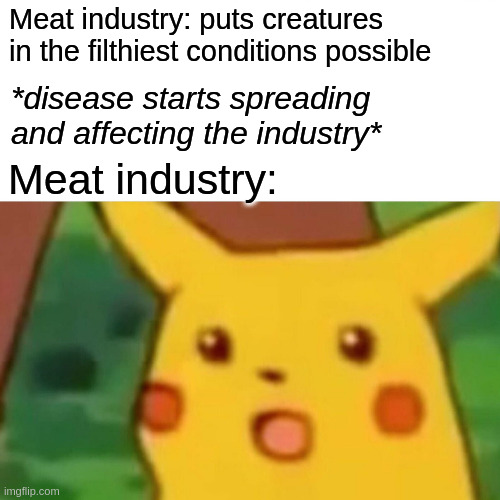Related note: There are some good vegan eggs out there to give a try!
If you want something that cooks and bakes like eggs there's stuff you can by like Just Egg
For baking there's a million things you can use that are pretty cheap. For instance, Aquafaba is the leftover water from cooking chickpeas or the water in the can if you buy it canned. Acts like egg whites and can be used as a binder for baking









Still slows down some of their other goals. Attention and resources aren't infinite. The more they wear themselves thin on things that don't matter / have less bad outcomes, the better